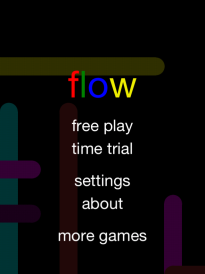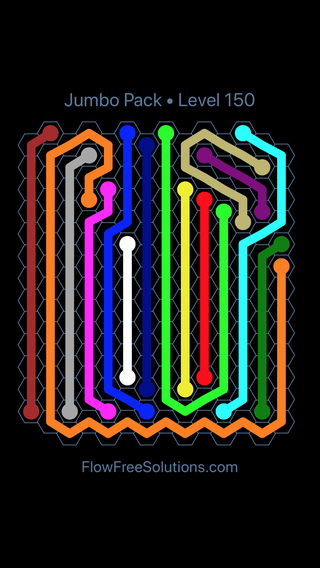

A study from Zurich’s ETH estimated that cities in the northern hemisphere will develop conditions equivalent to locations that are now 1,000 kilometers to the south. Due to climate change, it will get worse. Using the lake as a drinking-water reservoir “was not the subject of the application” for redevelopment, a spokeswoman said, adding that “viable and sustainable concepts for dealing with the water-management consequences resulting from the coal phase-out” are now needed.ĭespite being one of the few major cities with a self-sufficient water system, Berlin has historically been relatively arid, with some of the lowest rainfall rates in Germany. The flooding will not only reduce inflows into the Spree, but vast amounts of water will be lost through evaporation, according to the government’s study, urging the Cottbuser Ostsee to be used as storage that can be tapped in the hot summer.īut that would be high season for bathers and boaters, and LEAG is pushing back. After it’s finished around 2025, Germany’s largest man-made lake will boast five beaches, a yacht harbor, and the country’s largest floating solar plant. Planned as a recreation area, the former Cottbus-Nord mine is being flooded with 84 million cubic meters of water - equivalent to 40% of the city’s annual water consumption. Even measures to unwind the world’s reliance on fossil fuels can have unintended consequences.Īround two hours south of Berlin, the “Cottbuser Ostsee” is under development by LEAG, Germany’s second-largest mining company. The dilemma reflects the ripple effects of climate change. Plans to prevent erosion and landslides in the massive open-pit mines will add to the problem by soaking up water resources. For more than a century, water from lignite mines fed the Spree and supported the marshy Spreewald, a UNESCO-protected biosphere.īut as soon as 2030, Germany will end the use of coal and lignite and that source will cease, making the region more dependent on rainfall. Surrounded by lakes and swamps, Berlin wouldn’t automatically seem at risk for water shortages, but its ecosystem is finely balanced and is losing a key pillar. “The majority of water that Berlin is using for drinking comes exactly from this river.” “This is a very serious situation,” Dirk Messner, president of the government agency, said in an interview. On top of that, old mines are being flooded to create man-made lakes, further draining resources.Īs a result, the critical artery for the city of 3.6 million could end up with 50% to 75% less water in dry summer months, according to a study released this week by the German Environment Agency. With Berlin already facing less rainfall due to the climate crisis, the end of lignite mining in nearby regions means groundwater pumped out to extract the fossil fuel will no longer feed the Spree. With Berlin already facing less rainfall due to the climate crisis, the end of lignite mining in nearby regions means groundwater pumped out to extract the fossil fuel will no longer feed the Spree.(Bloomberg) Reversing the natural flow is set to become more frequent as the country’s exit from coal means a key source of water is lost. Once the liquid becomes solid - sweep it up and throw it in a garbage can.On extremely hot and dry summer days, water in Berlin’s Spree River gets sucked upstream by an array of pumps to ensure the German capital has enough to drink. Place kitty litter, sand, or another absorbent on the spill. Never clean up a spill by hosing it into a storm drain.Don't pour your motor oil down the storm drain.Wash your car or outdoor equipment where it can flow to a gravel or grassy area instead of a street.Or, leave it in your yard if you can't compost. The chemicals will wash into storm drains and waterways. Don't put fertilizer on the grass right before it rains. Blow or sweep fertilizer back onto the grass if it gets onto paved areas.

Pick up litter and throw it away in a garbage can.If you observe stormwater pollution, call the Stormwater Helpline at 91 or send an email to Ways to Prevent Water Pollution It's also important to keep trash out of yards and streets. The best way to protect streams from water pollution is to prevent at the source! This means keeping litter and other trash out of creeks in Raleigh.


 0 kommentar(er)
0 kommentar(er)
